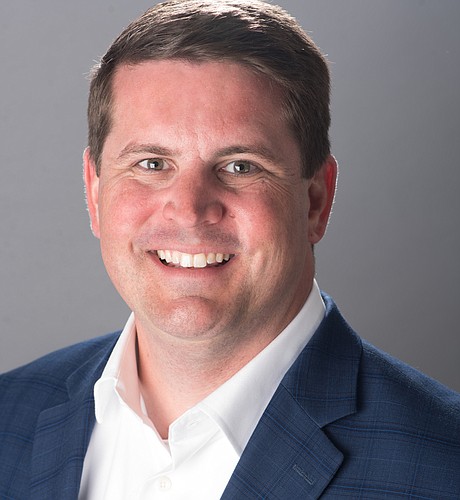- December 15, 2025
-
-
Loading

Loading

When ReliaQuest CEO Brian Murphy says the fast-growing IT security firm hires a lot, he's not kidding: it’s not uncommon for a dozen new hires to start in a typical week.
The company has some 300 employees currently, and Murphy says that number could rise by a hundred or so in 2018. Revenues have grown 624% since 2013, according to a report from Deloitte. (The company declines to disclose specific sales figures.)
Much of the company’s expanding workforce can be attributed to employee development. Murphy says ReliaQuest promoted from within more than 42 times in 2017, and it bases a large chunk of its growth strategy around employee training and advancement.
“We don’t talk about hiring without development and training,” he says, “and we don't hire for experience or technical skills. We hire for three things: attitude, energy and effort.”
He adds: “It’s short-sighted to hire somebody for what they know today. The real question is, ‘What are they capable of knowing tomorrow?’ Because ultimately, given the pace of change in technology, we don't know what we're going to need them to know in six months or 12 months or 24 months. So it's better to hire someone who has the aptitude and the attitude, who’s willing to learn and change and evolve."
Murphy and ReliaQuest have used that emphasis on education and training to create ReliaQuest University, an in-house school with employee-created content, as well as a leadership academy wherein workers spend four months being groomed for management positions.
"We hire for three things: attitude, energy and effort.” Brian Murphy, CEO of ReliaQuest
ReliaQuest’s hiring process, Murphy adds, is geared toward weeding out applicants who might not fully buy in to the company’s culture, or “mindset,” as Murphy calls it. About 70% of the job interview focuses on cultural fit, and new hires go through five days of training that doesn’t cover a single thing about their new job — it’s all about ReliaQuest’s core values and how the company makes decisions around those values.
“That doesn't make our culture better than somebody else's — it just makes it ours,” Murphy says. “But what I've found is that the more you focus on the culture and mindset of the organization, the more you get people feeling like they can have a voice.”
Florida’s low unemployment rate adversely affects ReliaQuest in that as one of the Tampa Bay region’s largest IT security employers, the company tends to be a target for headhunters and recruiters looking to woo talent away to other firms. Murphy is pragmatic about that challenge.
“We're bringing a vast amount of talent here and if somebody works for ReliaQuest and then they decide that they're going to go work for somebody else, hey, that’s great, but I tell them to stay in Tampa,” he says. “I don't ever look at as we lost out or, you know, it's some sort of competition. I look at it as I’m improving the Tampa Bay community.”